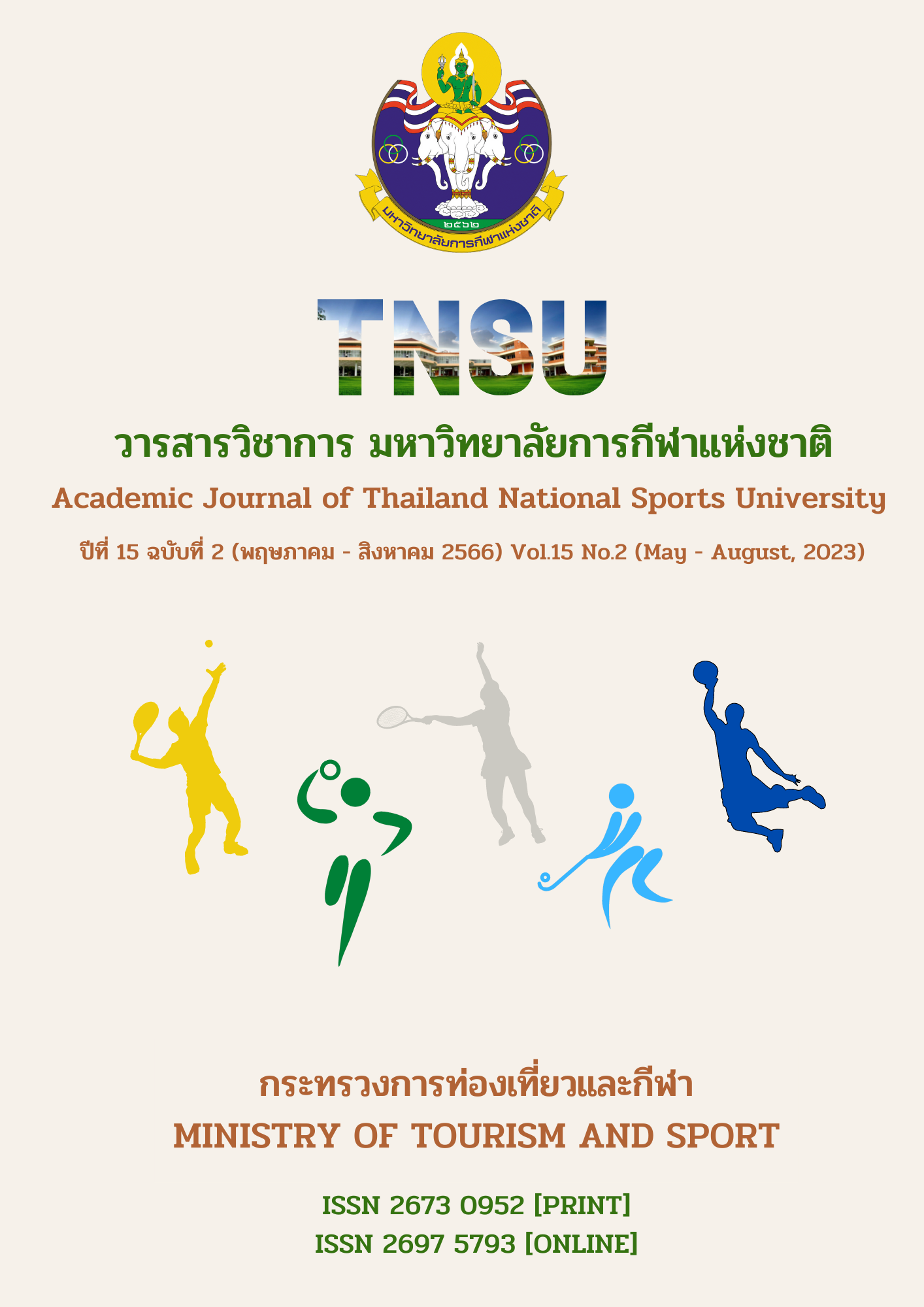THE CONCEPT OF THE SUPREMACY OF THE FIFA STATUTES
Main Article Content
Abstract
This paper explores a term of the FIFA Statutes best described as the highest form of law FIFA can have. It considers the concept of the supremacy of the FIFA Statutes through the lens of the autonomy of FIFA and its self - regulation of the footballing world. It also argues that the enforcement of FIFA Statutes is based on association and membership. It does not require non - association members to comply with the FIFA Statute and all relevant FIFA’s rules and regulations. FIFA in principle provides a global approach to enforcement which encourages the FIFA Confederations and the FIFA - affiliated associations to carry out important regulatory or disciplinary sanctioning functions through enforcing FIFA's hierarchical structure controls and restrictions on non-integral actions conducted by the FIFA members. Therefore, FIFA as a supreme football governing body of global association football worldwide has inherent rule-making powers within its autonomous self-regulatory competence, all rules and regulations are exercised under FIFA regulatory bodies. FIFA also we have a supreme body of fundamental principles of the FIFA called the FIFA Statutes that sets down the way FIFA take regulatory or disciplinary sanctioning actions against a member association for breaches relating to that integrity in global football as a member association of FIFA.
Article Details

This work is licensed under a Creative Commons Attribution-NonCommercial-NoDerivatives 4.0 International License.
The published article is a copyright of the Academic Journal of Thailand National Sports University. The passage appeared in each article in this academic journal is a perspective of each author which is not related to the journal. Each author is required to be responsible for all components of his/her own article. If there are any mistakes, each author must be responsible for those mistakes on his/her own.
References
Arnout Geeraert. (2019). The limits and opportunities of self - regulation: Achieving international sport federations’ compliance with good governance standards. European Sport Management quarterly, 19(4), 520 – 538.
Bodo P. Bützler, & Lisa Schöddert. (2020). Constitutionalizing FIFA: Promises and challenges. Tilburg Law Review, 25(1), 40 - 54.
Borja Garcia, & Henk - Erik Meier. (2015). Protecting private transnational authority against public intervention: FIFA's power over national governments. Public Administration (London), 93(4), 890 - 906.
Charlotte Peiffer. (2019). RFC Seraing & Doyen Sports v. FIFA: Changing the rules of the game in international sports arbitration? New York University. Journal of International Law & Politics, 51(4), 1359 - 1375.
Court of Arbitration for Sport. (2011). Arbitration CAS 2011/A/2354 E. v. Fédération Internationale de Football Association (FIFA), award of 24 August 2011. Retrieved from https://jurisprudence.tas-cas.org/Shared%20Documents/2354.pdf
Court of Arbitration for Sport. (2019). Arbitration CAS 2018/A/6052 Maqbull Abdi Karim v. Gor Mahia Football Club, award of 14 August 2019. Retrieved from https://jurisprudence.tas-cas.org/Shared%20Documents/6052.pdf
Despina Mavromati. (2018). Brussels court of appeal decision in the matter Doyen et al v. FIFA – Legality of the arbitration clause in the FIFA Statutes. Retrieved from https://www.sportlegis.com/2018/09/10/brussels-court-of-appeal-decision-in-the-matter-doyen-et-al-v-fifa-et-al-legality-of-the-arbitration-clause-in-the-fifa-statutes/
Fédération Internationale de Football Association. (2019). FIFA Statutes. Zurich: Fédération Internationale de Football Association.
Fédération Internationale de Football Association. (2022). Court of Arbitration for Sport. Retrieved from https://www.fifa.com/legal/court-of-arbitration-for-sport
Gregory Ioannidis. (2019). Football intermediaries and self-regulation: The need for greater transparency through disciplinary law, sanctioning and qualifying criteria. The International Sports Law Journal, 19, 154 – 170.
Jérôme Champagne. (2011). Which FIFA for the twenty - first century? Retrieved from https://www.playthegame.org/fileadmin/documents/FIFA.Which_FIFA_for_21st_century.pdf
Ken Foster. (2019). Global sports law revisited. Entertainment and Sports Law Journal, 17(1). doi: https://doi.org/10.16997/eslj.228
Maarten Draye & Benjamin Jesuran. (2018). Brussels court holds arbitration agreement in FIFA Statutes invalid: Final Call or half - time whistle for CAS arbitration in sports disputes? Retrieved from http://arbitrationblog.kluwerarbitration.com/2018/10/20/brussels-court-holds-arbitration-agreement-fifa-statutes-invalid-final-call-half-time-whistle-cas-arbitration-sports-disputes-2/
Paul Dietschy. (2013). Making football global? FIFA, Europe, and the non - European football world, 1912–74. Journal of Global History, 8(2), 279 - 298.
Roger Pielke Jr. (2013). How can FIFA be held accountable? Sport Management Review, 16(3), 255 - 267.
Sascha Düerkop & Ramesh Ganohariti. (2021). Sovereignty in sports: Non - sovereign territories in international football. International Journal of Sport Policy and Politics, 13(4), 679 - 697.
Steven A. Bank. (2020). FIFA, forced arbitration, and the U.S. soccer lawsuits. Journal of Legal Aspects of Sport, 30(1), 1 - 17.


